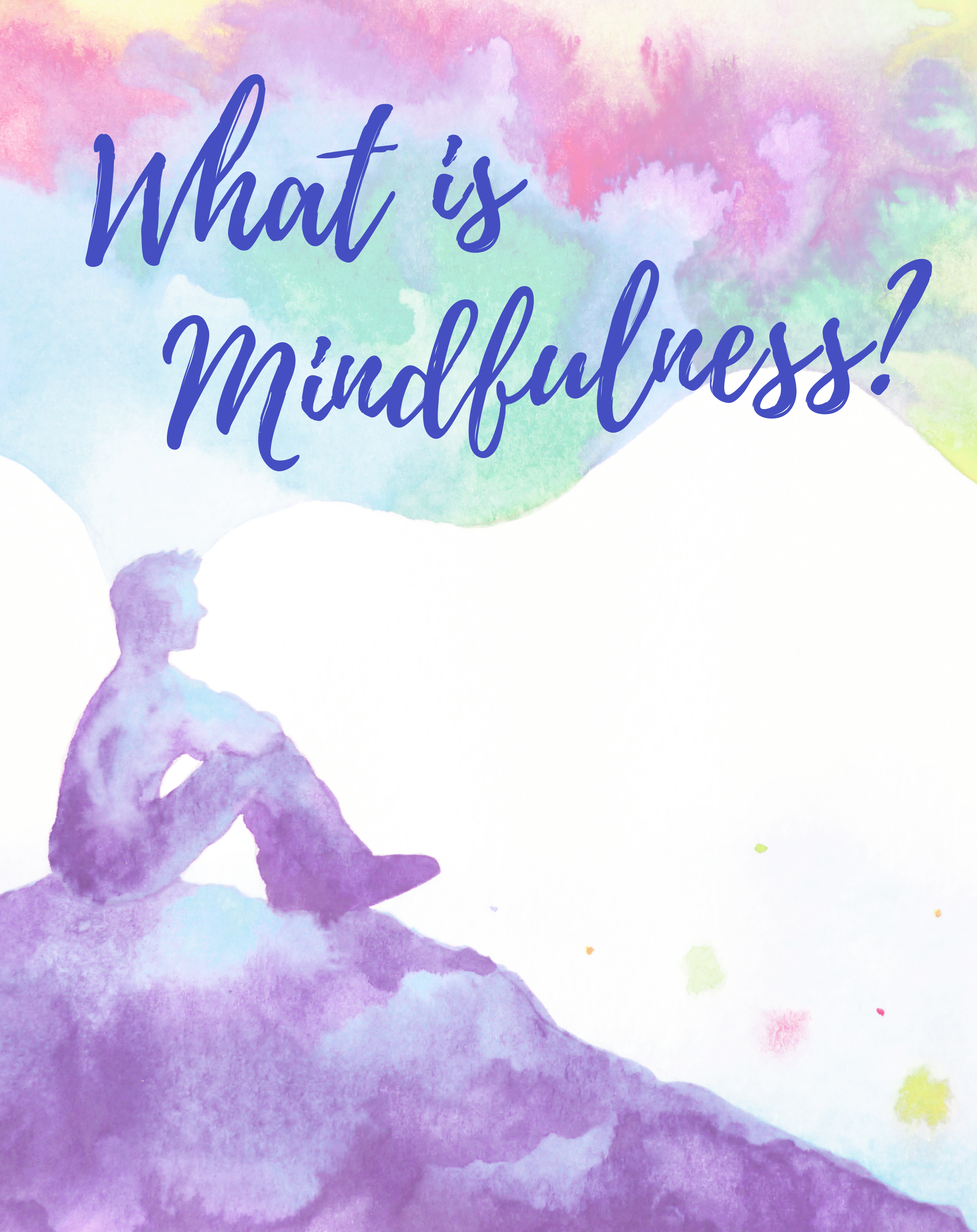What is Mindfulness?

Mindfulness is “the awareness that arises by paying attention on purpose, in the present moment, and non-judgmentally” (Kabat-Zinn, 2013). It was first introduced by Jon Kabat-Zinn into mainstream medical settings in the late 1970s. The cultivation of mindfulness allows an individual to be aware of what is happening in the present moment, with open-mindedness, curiosity, and acceptance. It promotes well-being through transforming the relationship between an individual with present moment experiences, including the ups and downs of everyday life.
In the past two decades, there has been an exponential increase in the number of studies on mindfulness. Based on the research findings, mindfulness has been proven to benefit not only the clinical population but also the general public.
Nowadays, mindfulness is proven effective in reducing stress and alleviating mood problems, including anxiety and depression. Recent research also indicated that mindfulness can promote positive moods, improve resilience, and cultivate positive attitude towards life.
Furthermore, mindfulness has the potential to promote optimal functioning. Research findings indicated that mindfulness is linked to improved selective and executive attentional functions and working memory. Preliminary evidence also shows that mindfulness practices can even bring measurable and profound changes in the brain function and structure.
Mindfulness is mostly learned through practice and experience. With daily practice, we gradually learn to direct our attention in a more focused way to what is actually happening. It can be our breathing, the sensations in our body, thoughts, feelings, or everyday activities such as walking and eating.
Since the introduction of mindfulness by Jon Kabat-Zinn in the late 1970s, mindfulness has been widely practised around the world for the enhancement of mental health. Nowadays, it is ubiquitous and widely offered in various settings including educational institutes, hospitals, rehabilitation centres, non-governmental organisations as well as multinational corporations.



